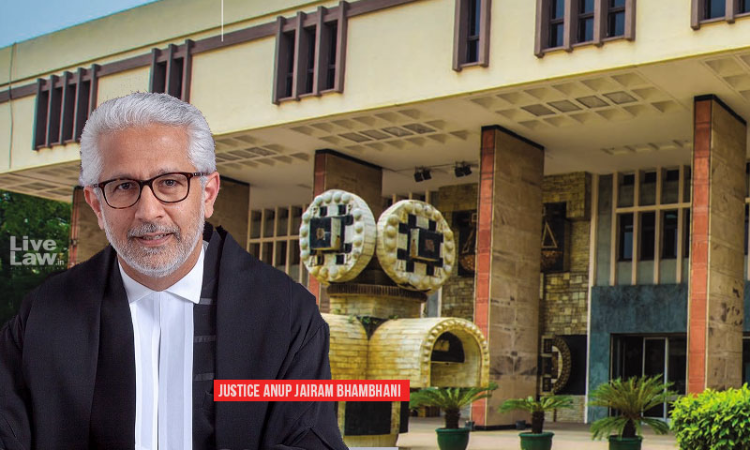Right To First Refusal Cannot Be Exercised After Making A Counter-Offer To The Seller: Delhi High Court
ausaf ayyub
13 May 2022 9:57 PM IST

Next Story
13 May 2022 9:57 PM IST
The High Court of Delhi has held that a party cannot demand its 'Right to First Refusal' after making a counter-offer to the seller. The Single Bench of Justice Anup Jairam Bhambhani has held that when the party that has been given the right to first refusal (RoFR) makes a counter-offer, the seller becomes entitled to sell the subject goods to the third parties. The Court...
